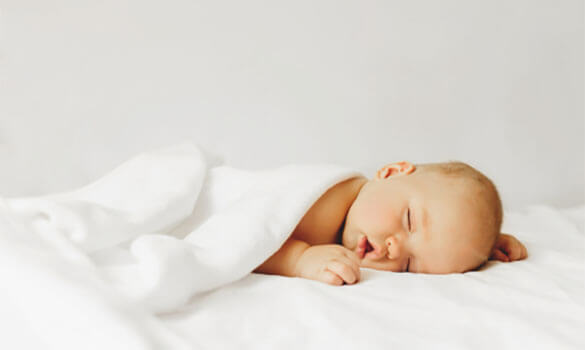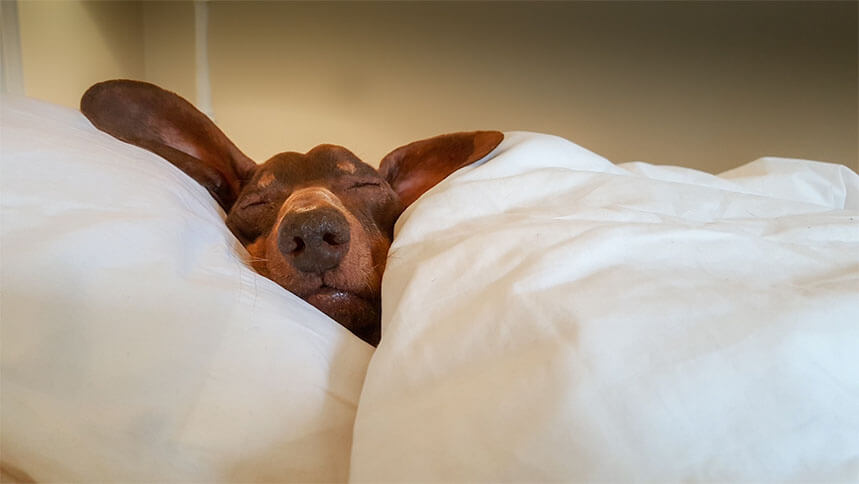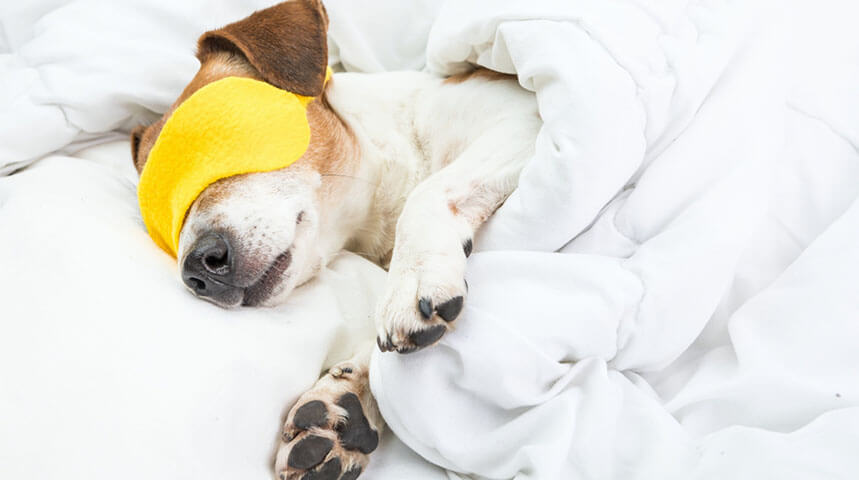Microsleep: Meaning, Symptoms, Effects on Health
Have you ever dozed off for a second in class or the movies, and suddenly woken up by head jerk? A phenomenon such as this is known as microsleep. Essentially, it is small bursts of sleep or loss of attention that can last for a few seconds, even without the knowledge of the person. While microsleep is most common when you are sleep deprived for long hours, it is most common with people suffering from sleep disorders like insomnia, narcolepsy or sleep apnea.
Understanding Microsleep Better
Microsleep manifests in different forms. It may not always result in dozing off for a few seconds. The symptoms of microsleep can also be:
- Unintended lack of response to external stimuli;
- Blank stare;
- Sudden body jerks;
- Head bobbing;
- Disorientation and a resultant loss of memory for a few minutes.
Warning Signs of Microsleep
- Continuously yawning;
- Trouble keeping eyes open;
- Continuously blinking the eyes to stay awake;
- Irritability;
- Lack of focus and attention.
Such episodes most occur when the person is trying really hard to stay awake at the moment but unable to do so. We have previously discussed different stages of sleep . To better understand microsleeps, we need to see if it fits within the phases of sleep. Studies and literature indicate that microsleep does not fall within either sleep phases, i.e., REM and NREM sleep. This is because the episode is so fleeting and unintended that it does not fit the patterns of sleep.
To explain further, during REM sleep, the body goes through rapid eye movement and vivid dreams. During NREM sleep, the body temperature drops and there is a change in heart rate and blood pressure. Neither of these characteristics is noted during microsleep. Rather, doctors explain microsleep as a phenomenon of the brain switching off momentarily. Studies with brain mapping suggests that during microsleep, some parts of the sleep are respondent to stimulus whereas some parts are urged to sleep. This mix match causes the momentary unintentional turn off.
Effects of Microsleep
Incidents of microsleep have been on the rise with an increase in night shift workers. A majority of accidents on the road occurs due to microsleep, causing one to miss the signal or the right turn. Many disasters that have gone down in history have all stemmed from a lack of proper attention to the symptoms of microsleep. Many such incidents have been fatal, such as plane crashes, trams derailing, oil spills in the ocean, etc.
Preventing Microsleep
While microsleep in itself does not have any harmful effects on health, it is a manifestation of sleep disorder which in turn, has tremendous effects on health and wellbeing. Learning about microsleep and identifying the early symptoms can ensure better sleep practices to be adopted that can reduce daytime drowsiness and fatigue. Sometimes, merely sleeping for half an hour longer at night can help prevent microsleep. But, given the alarming increase in sleep disorders amongst adults, microsleep should be monitored closely.
Here are some quick tips to get over microsleep easily:
- Sleep for eight hours every night. Where eight hours is not possible, take a thirty-minute power nap during the day.
- Eat healthily. Avoid caffeine close to bedtime and instead consume naturally sleep-inducing food.
- Keep your mind engaged if you are driving alone late at night or get a travel companion to keep your company.
- If the microsleep is induced by sleep disorders, get professional help to treat the underlying cause of the disorders.
Upgrade your bedroom to bamboo sheets and bedding. Given its health benefits, bamboo sheets will ensure you get good sleep quality and sleep satisfaction, thereby putting an end to irregular sleep.












